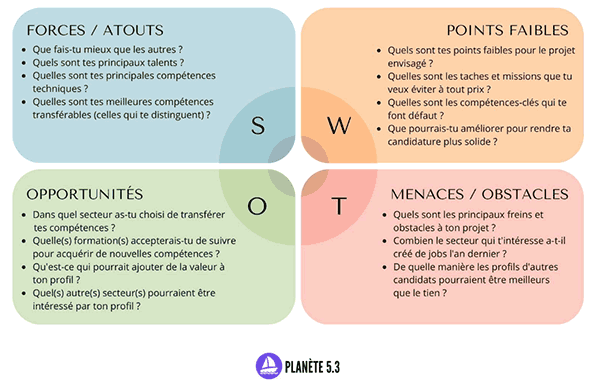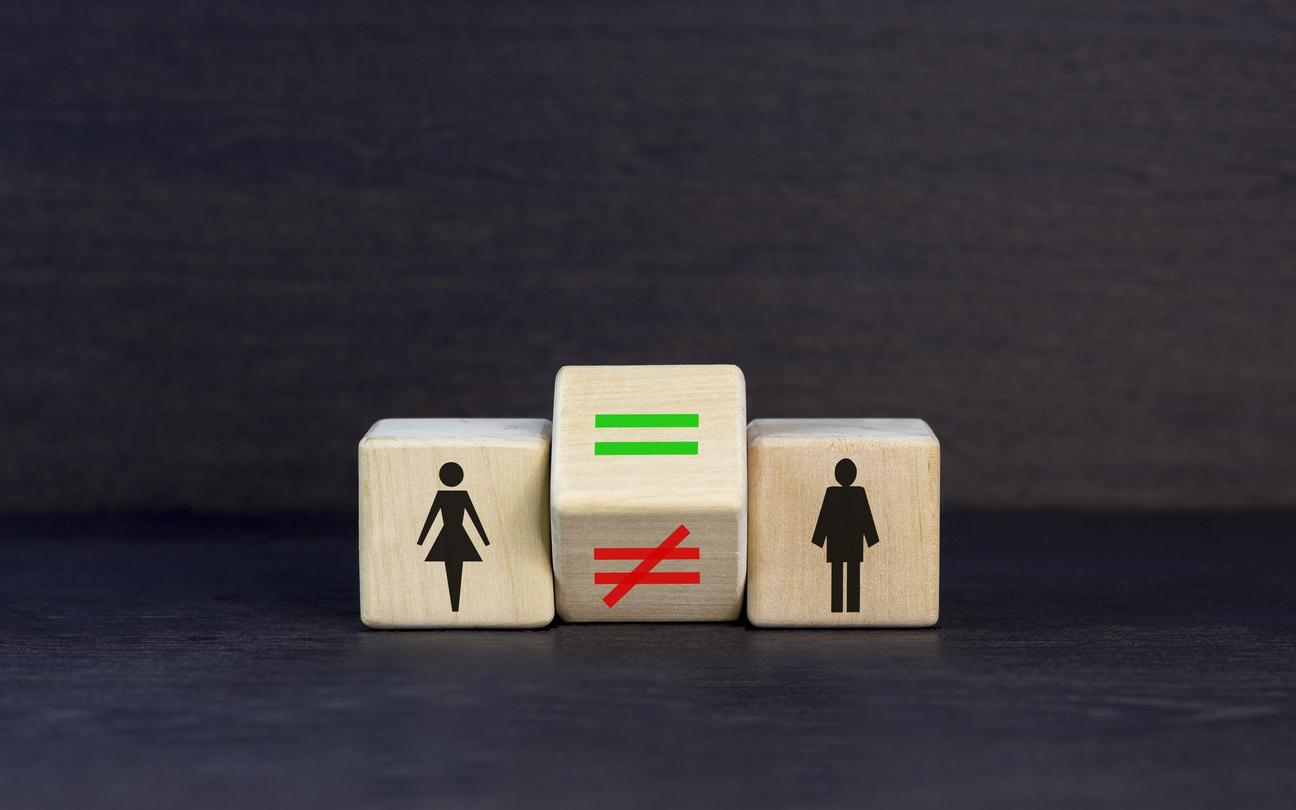According to one study, 8% of women have experienced sexist behavior at work. Women who have jobs more often held by men are more affected.

Laurence Rossignol, Minister of Families, Children and Women’s Rights launched, on September 8, 2016, with numerous associations and institutions, the action and mobilization plan against sexism. It will end on March 8, 2017, which is International Women’s Day. The objectives of the plan are clear: We must flush out sexism wherever it is found, wishes the minister. And the sectors are numerous.
According to a study by Dares (1) published this Thursday on the website of the Ministry of Labor, 8% of women say they have experienced sexist behavior in the course of their work (compared to 1% of men). However, the survey, carried out on working conditions in 2013, also reveals that almost as many men (33%) as women (36%) report having suffered hostile behavior (physical or verbal assault, harassment, etc. ) in the course of their work during the last twelve months.
Employees are the main victims. Among the causes, the faulty organization within the company is singled out by those surveyed, and in particular pressure, contradictory orders or the repetition of tasks. But even among these victims, the feelings are not the same. More than one in five women believes that it was because of her sex, against less than one in twenty men.
Women in “male” jobs more affected
And sdepending on the working conditions, women are more or less likely to experience sexist behavior. The survey notes that “salaried women in industry are the most affected by this sexist dimension of hostile behavior”. When the jobs are very usually occupied by women, only 6% of them say they are victims of sexism against 3% of men. Conversely, when employment is more male, 15% of women and only 1% of men are affected.
“Occupying a job that does not correspond to the gender stereotypes of the division of labor can expose the people concerned, men or especially women, to mockery or to sexist discrimination”, write these statisticians. “Increasing the mix of jobs could therefore help prevent the occurrence of this sexist behavior”, they conclude.
And there is urgency. 40% of women think they are not considered equal to men, according to a CSA / MFEDDF survey relayed Thursday by Why actor. The proof has just been provided that wage differentials are unfortunately not the only problem.
All mobilized against sexism
Citizens, associations, local authorities, businesses, everyone can take action against sexism and join the approach launched by Laurence Rossignol. For six months, the procedure is simple:
1. by having their action or initiative labeled “sexism, not our gender!” »By the committee of labeling associations (Women in solidarity, Women engineers, etc.)
2.by supporting and relaying the #sexismepasnotregenre campaign on social networks
3.by sharing their experiences and testimonies on the platform www.sexismepasnotregenre.gouv.fr
4. for the different structures, by signing the Letter of Commitment!
5. by wearing the badge or displaying the sticker “sexism not our gender! »Available from labeling associations
(1) The Directorate of Research, Studies and Statistics (
(2) Jobs are considered “very typically male” if they are among the 20% of jobs with the lowest probability of being held by a woman. For example, for the same occupation, working part-time greatly increases the probability that the job will be held by a woman, while this probability is greatly reduced if the occupant of the job is at risk of traffic accidents.
.














